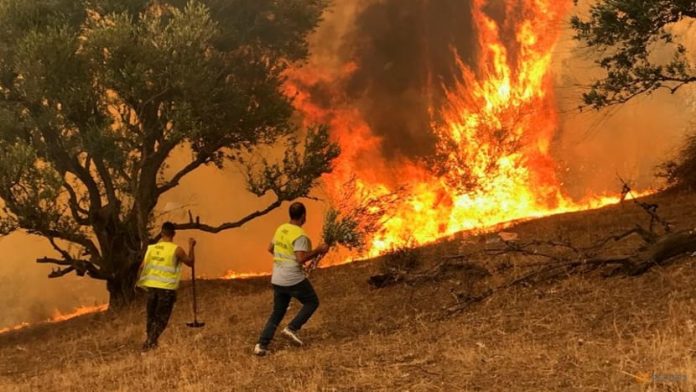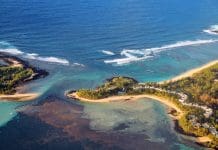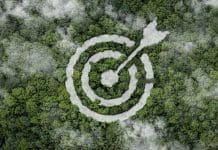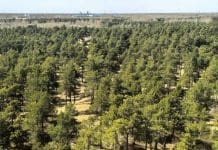The worst fires in the history of Algeria leave communities devastated, as over 70 fires burning in extremely dry conditions kill atleast 65 people
President Abdelmadjid Tebboune has declared three days of national mourning, as atleast 65 people lost their lives to the raging wildfires that spread across the Kabylie region of Algeria.
Officials say a total of over 70 fires were burning in Northern Algeria on Wednesday.
Today (13 August), 22 suspected arsonists have been identified and arrested.
Tizi Ouzou is a district in Kabylie – where the highest incidents of death and injury have been recorded. According to AFP news agency, immense swathes of the forest went up in smoke. Villagers were forced to abandon their homes, livelihoods and memories as the fire edged closer.
A villager speaking to AFP said “I have nothing left. My workshop, my car, my flat. Even the tiles were destroyed.”
“I have nothing left. My workshop, my car, my flat. Even the tiles were destroyed.”
Tweeting about the incident today, President Tebboune further said: “With great sadness and sorrow, I received the news of the martyrdom of 25 members of the People’s National Army, after they succeeded in rescuing more than one hundred citizens from the blazing fires, in the mountains of Bejaia and Tizi Ouzou.”
While arson has been identified as the catalyst for these fires, they were fuelled by an ongoing heatwave in the North African region and rising global temperatures.
Djaffar, a resident of the village of Agoulmim in Kabylie speaking to Berber TV, commented: “God bless them… We had no electricity and people brought in generators from all around.
“The flames were so high, they destroyed everything. Suddenly it was like a volcano.”
“The flames were so high, they destroyed everything. Suddenly it was like a volcano.”
When these extreme events strike countries in the Global South, news coverage is often quieter than when the UK or Germany floods, or wildfires strike California. This disparity in public awareness is particularly stark, when the reality of climate change means that many countries in the Global South will need significant economic help to enter the decarbonisation race.
95% of renewable energy tech in world’s richest countries
In a study, researchers found that 95% of functioning renewable energy is located in just 16% of global countries, particularly in richer countries. However, Global South countries are experiencing the strongest growth in energy demand, and are still heavily reliant on fossil fuels.
“The divide between early and late decarbonizers threatens to become exacerbated in the coming years, with early movers in renewables R&D and production accruing clear economic benefits, in part in terms of job creation,” said researcher Laima Eicke.
Whilst these wildfires in Northern Algeria appear to be caused by arson, the conditions of their intense burning are caused by global carbon emissions.
“Human influence” creates “fire weather” conditions
The IPCC report, compiled over eight year by over 700 scientists, found that “human influence” is the reason for increases in every single measurement of climate change, from a change in rainfall patterns to the carbon absorption of forests to the melting of glaciers.
The report says that “human-induced greenhouse gas emissions have led to an increased frequency and/or intensity of some weather and climate extremes since 1850, in particular for temperature extremes,” which include “fire weather” conditions that exacerbated the wildfires in Northern Algeria.
The heatwave across Algeria is expected to continue until the end of the week, at 50 degrees Celsius.
Despite the images of destruction and loss, there is hope – the IPCC authors say that decisive and immediate action against carbon emissions can change the imminent future of Earth.











